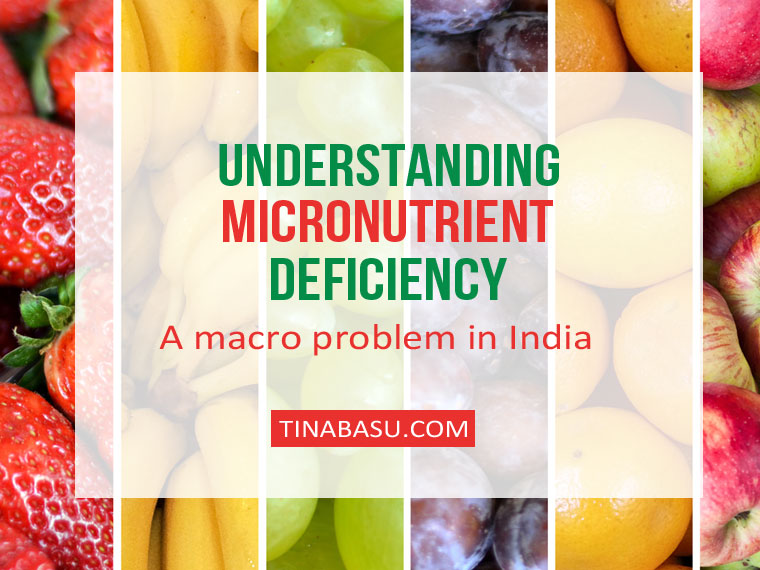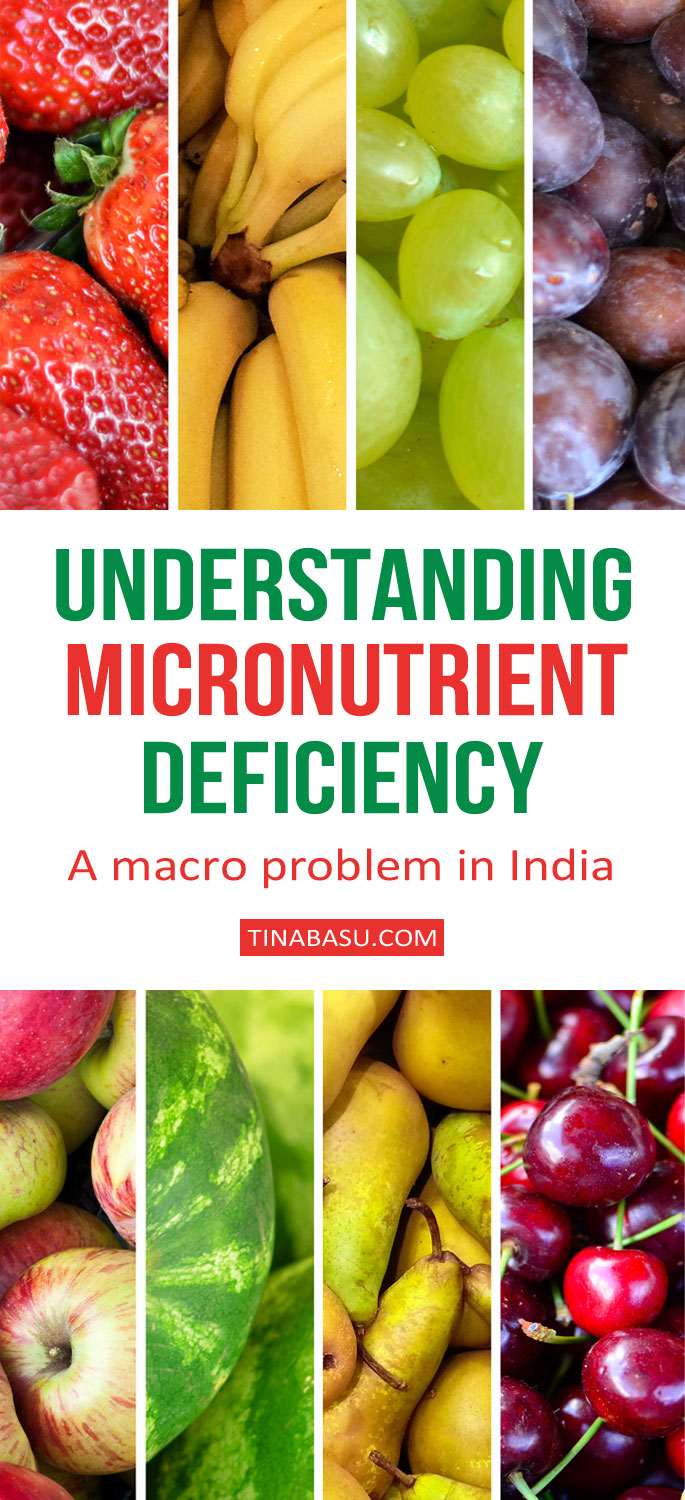What are the important aspects of growth in a child? Physical growth, brain development, strong immunity and emotional wellbeing are the major components of growth in a child. In India, mothers are generally bothered about the physical growth of a child and not the overall brain development and immunity levels. But is that the right choice to make? Regular diets in majority of Indian households is rich in macronutrients like carbohydrates, fats and proteins, supporting only physical growth but they lack in micronutrient, which is necessary for overall mental and brain development. 
For a child the results of nutrient deficiencies to set in at an early age but the nutritional deficiency is difficult to detect for a mother – the child may look physically fit but still have nutrient deficiency.
What are the important Micronutrients?
Micronutrients like Iron, Calcium, Vitamins, and Minerals play an important role in building a baby’s immunity against major infections. The consequences of micronutrient deficiency among infants can be of a greater magnitude.
A nutrient deficient child faces chances of greater morbidity due to
- diarrheal infection
- viral infections
- measles
- reduced vaccine responses
- impaired growth, and development
Doctors in India opine there is a huge gap in the knowledge about the role of micronutrient in building immunity. Let’s take a closer look at micronutrients and their benefits.
What are Micronutrients? Little Things Matter
Micronutrients are a group of nutrients which are required in trace amounts for normal growth and development of a child. Micronutrient deficiency is often referred to as “Hidden Hunger” because it develops gradually over time, their devastating impact not seen until it leaves behind irreversible damage in a child’s life. Millions of children suffer from stunted growth, cognitive delays, weakened immunity and infections as a result of micronutrient deficiencies. That is why Primary food needs to be nutrition dense as the need for nutrients are not fulfilled by mother’s milk after 6 months, making infants susceptible to nutritional deficiency.
Pediatrics highlight that Iron deficiency in infants is linked to impaired cognition, needs attention in early years of life
Nutritional iron deficiency arises when physiological requirements cannot be met by iron absorption from normal diet. Infants are at high risk due to their rapid growth and limited dietary sources. In India, iron deficiency is highest (49.5%) among children in the age group of 6-23 months. Studies have shown that Indian children aged 1-3 years consume only one-third of the Recommended Dietary Allowance (RDA) for iron. Iron plays a very important role in a baby’s brain development and cognition, and iron and zinc help in the development of baby’s immunity.
90% of brain develops in the first 1000 days. Mild iron deficiency in the first 1000 days can also lead to impaired cognitive function in a child’s later life. Lack of the right kind of nutrition that meets all their requirements for iron and other micronutrients may lead to irreversible damage to a child’s brain development. The magnitude of adverse effects on the developing brain is largely dictated by the timing and duration of iron deficiency.
Why is it important to act early on your child’s nutrition need?
Eating patterns built during childhood serve as a foundation for life. More than 1/3rd of child deaths occurring annually, around the world, are attributed to malnutrition, specifically under nutrition, which weakens the body’s resistance to illness.
As a mother it is our duty to ensure that our children are not malnourished and we provide wholesome nutrition not occasionally but daily. If a child is malnourished during the first 1000 days of life, the child’s physical and mental growth and development is slowed. This cannot be corrected when the child is older – it affects the child for the rest of his or her life.
Which kinds of food should you include in your child’s diet?

Include micronutrient-rich food in your child’s daily diet.
- Dark green vegetables and leafy vegetables – spinach is an excellent source of iron
- Dairy Products – milk, ghee, paneer, curd are good sources of calcium
- Fruits – are rich in antioxidants and vitamins
- Nuts – are powerhouses of energy. Include almonds, walnuts in daily snacks
- Fortified grains/foods
With micronutrients producing significant public health benefits, nutrition plays a vital role in the holistic development of a child. Moreover, good nutrition signifies a food which is a powerhouse of micronutrients.
On this Mother’s Day let’s pledge to never let your child be malnourished. It gets difficult with kids who are picky eaters. My son is a fussy eater and sometimes I conceal spinach, gourd with his food. He’s very fond of nuts because they are crunchy. The mother in me needs to find out smarter ways to go past the picky master!
Liked the post? Pin it then.


2 comments
This is really good information to know. Your 5-point checklist works well even for adults.
Micronutrients are very important for healthy body and mind.The details in the post is useful.